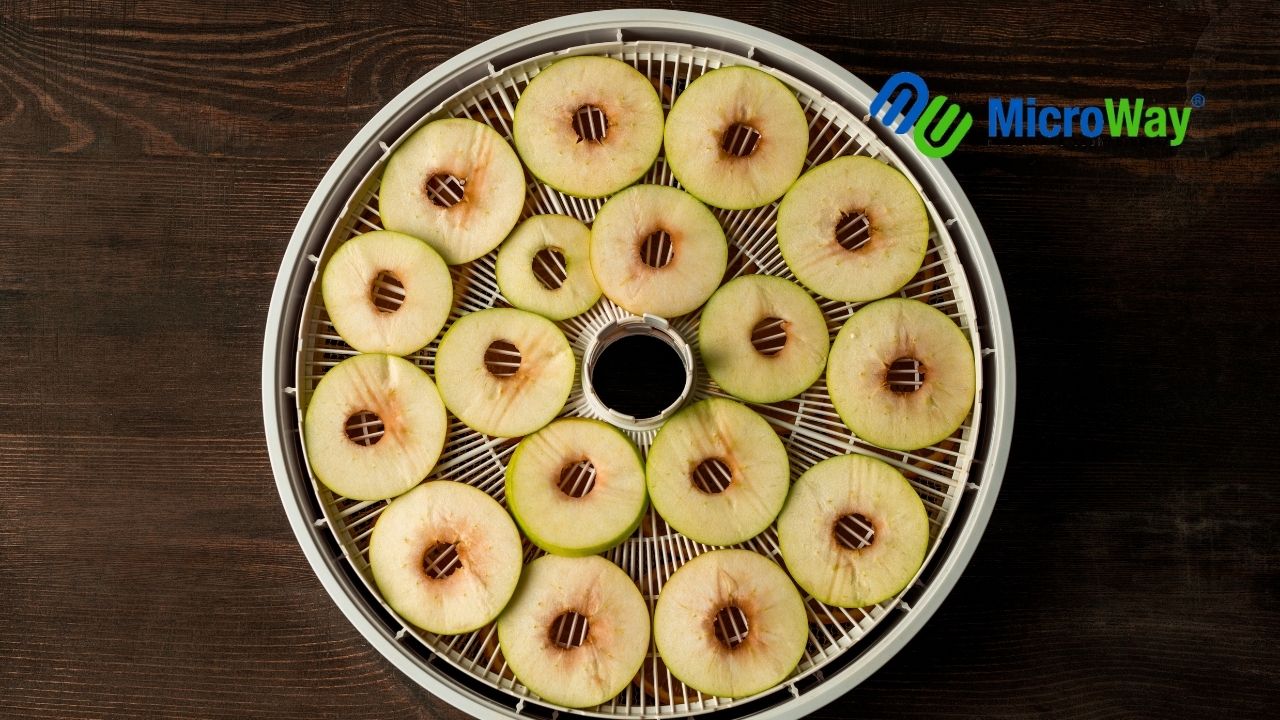Industrial Microwave Heating Systems
Modern food processing demands speed, precision, and cost control. One of the most effective technologies meeting these needs today is industrial microwave heating systems. These systems offer fast, uniform heating while improving energy efficiency — essential for manufacturers aiming to streamline operations and maintain product quality.

Industrial microwave heating systems use electromagnetic waves to heat food products internally. This is much faster than traditional methods that rely on surface conduction or convection. The result is shorter processing times, reduced energy consumption, and more consistent product outcomes. From drying to tempering, cooking, or pasteurization, microwave heating delivers significant advantages for food manufacturers.
In regions where energy resources must be used efficiently and food safety regulations are tightening, such systems provide a clear operational benefit. Manufacturers working with frozen goods, bakery items, dried fruits, ready-to-eat meals, or sauces can all benefit from the controlled and targeted heat transfer that industrial microwave heating systems enable.
These systems are particularly valuable in expanding markets, including parts of North Africa. For example, some food processing companies in Morocco are already exploring microwave-based solutions to modernize their production lines. While traditional methods are still widely used, there is growing interest in new technologies that reduce operating costs and environmental impact.
What sets industrial microwave heating systems apart is their ability to adapt. Systems can be customized for specific food types, moisture levels, or factory layouts. They also support automation and data logging, which are essential for compliance and quality assurance in regulated markets. This makes them a practical investment for both established manufacturers and newer operations scaling up production.

Additionally, industrial microwave equipment often integrates well into existing production lines. Whether a facility is processing small-batch artisan products or operating high-volume continuous systems, microwave heating offers a scalable solution. The systems can be configured as stand-alone units or as part of a fully integrated line, depending on business needs.
Technical support and service are also key factors when choosing this technology. Reputable providers of industrial microwave heating systems not only supply the equipment but also assist with installation, calibration, staff training, and system optimization. This ensures long-term value and consistent performance.
In terms of sustainability, microwave heating reduces the need for excess water, fuel, or chemical agents used in traditional processing. This is particularly relevant for companies that must meet environmental regulations or corporate responsibility goals. Lower energy use translates directly to lower emissions and operating expenses.
For food manufacturers evaluating their next technology investment, industrial microwave heating systems offer a compelling case. The combination of speed, safety, and flexibility provides clear advantages in a competitive market. Whether the goal is improving product shelf life, increasing throughput, or ensuring uniformity, microwave technology is positioned as a key enabler of future-ready food production.


